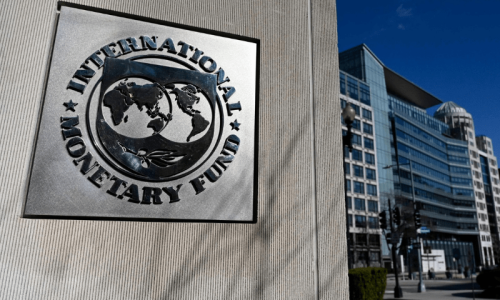ISLAMABAD: The Asian Development Bank (ADB) has agreed to provide technical assistance to Pakistan to develop greenhouse gases reduction technologies to mitigate the effects of climate change as part of implementing the national policy on climate change.
The extent of technical assistance would be determined after review missions will be carried out by ADB and relevant government agencies. The technical assistance for capacity development was conceived during a series of discussions between ADB, ministry of water and power, and climate change division during reconnaissance and fact-finding missions last year, official sources told Dawn .
The proposed technical assistance will also explore determination of the potential for carbon capture and storage by developing demonstration roadmaps, engaging in dialogues with public and private sectors, and drafting relevant policy statements, sources said.
The ADB technical assistance will specifically look into CO2 emitting sectors such as energy, agriculture, transport and industrial processes for the purpose of determining best type of demonstration roadmaps.
Meanwhile, a report of ADB says that over the past twenty years, carbon emissions in Pakistan grew by 105 per cent from 152.79 million tonnes in 1990 to 313.48 million tonnes in 2010. The significant increase in greenhouse gases, particularly carbon dioxide (CO2) is mainly attributed to the burning fossil fuels like coal and oil for electricity, transport and those in manufacturing industries.
This includes industries producing fertilisers (ammonia), cement, alternative fuels (methane and ethanol) and iron and steel. Likewise the cleaning of land for agriculture, industry and other human activities has also upped GHD concentrations. GHG emission will be further increased with the anticipated shift to coal generation in the near future to decrease the existing power shortfall.
Meeting the country’s energy needs and the quest for economic growth presents a huge challenge to reduce the country’s GHG levels. Pakistan will therefore need a portfolio of low-carbon technologies to reduce GHGs in the shortest possible time to avoid the more serious effects of climate change.
Renewable energies will clearly play a critical role in moving the country to a low carbon future but the challenge of reducing emissions and simultaneously increasing energy source is daunting. Renewable energies contribution in the energy mix remains low that even with a rapid increase in its use is unlikely to meet energy demand and reduce GHG.














































